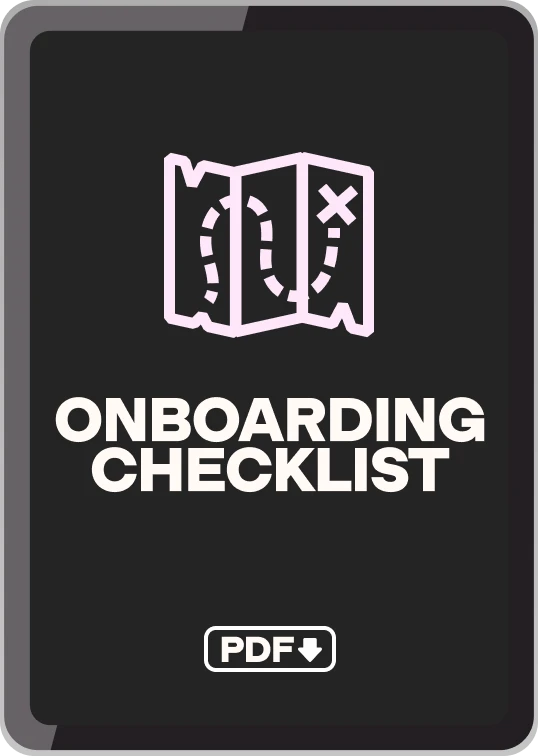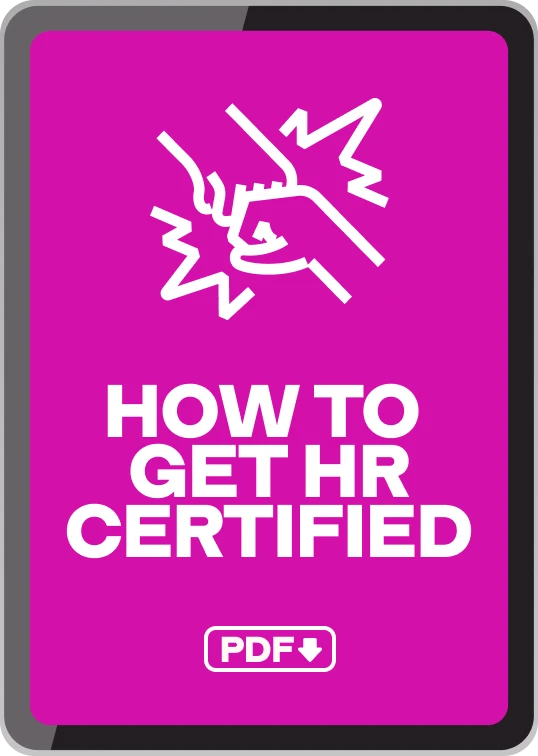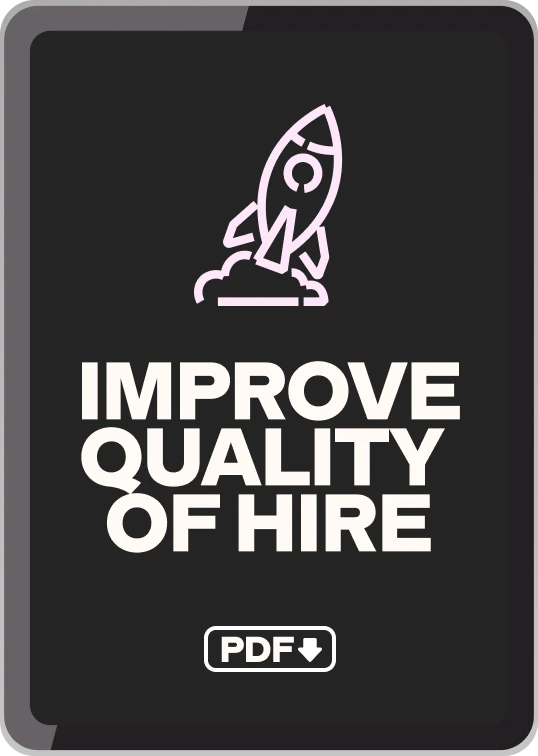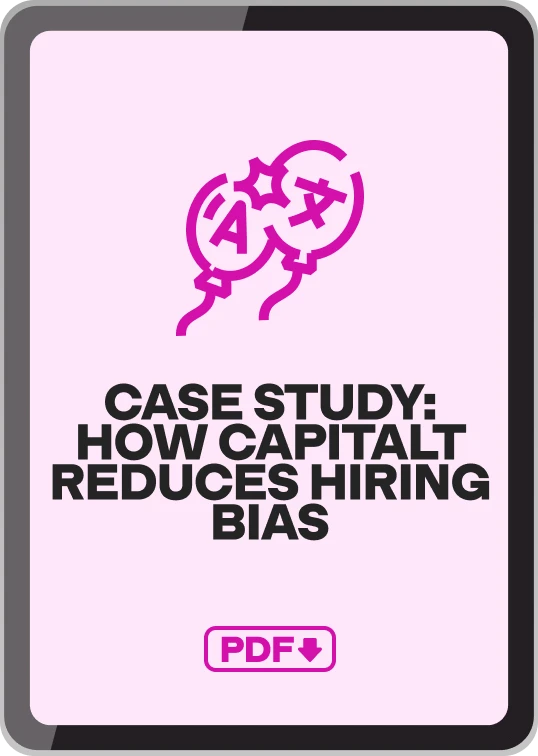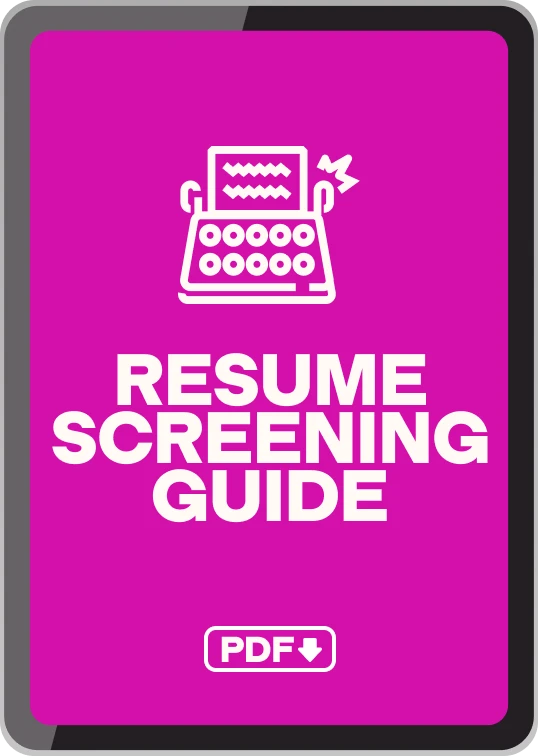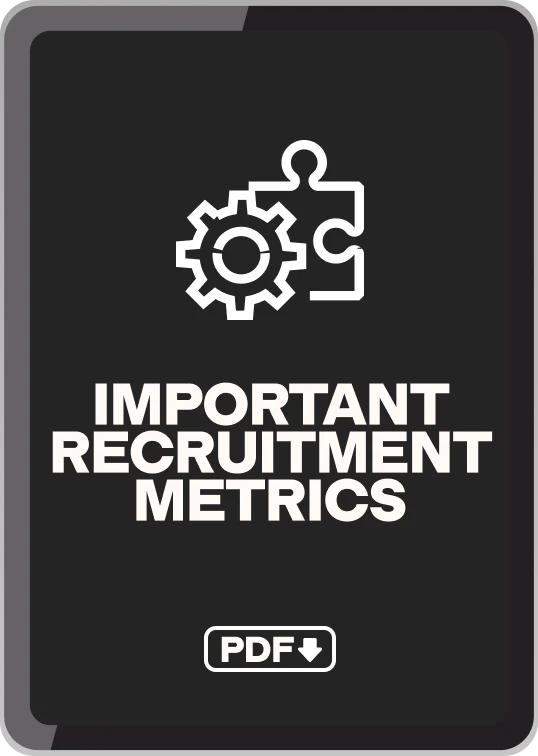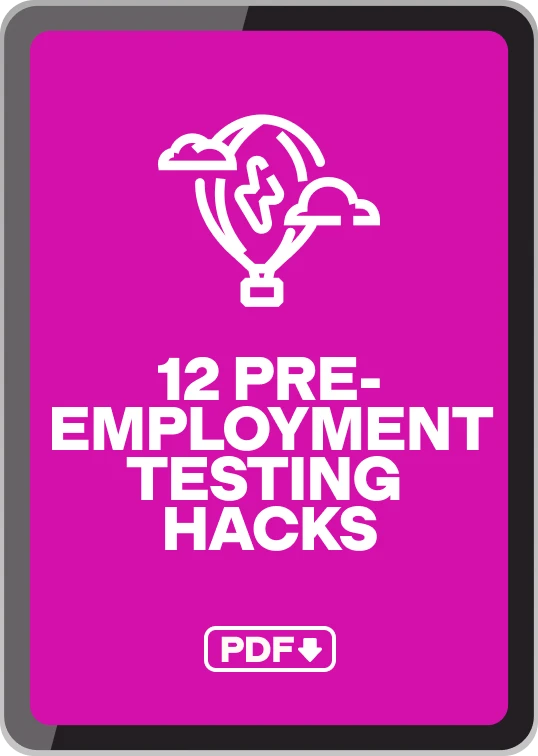6 vital management skills all leaders need
On the hunt for a leader for your organization? The leader you choose can make the difference between having employees who are ignored and alienated, and a team that is productive and goal-driven. This is where particular management skills are vital.
Not only will some leaders need particular hard skills and knowledge, but they will also require a range of soft skills to ensure they can manage and assist your team when required. With this in mind, this post will cover:
The main duties of a leader
Why management skills are important for leaders
Which management skills you should be looking for in your leader candidates
How to analyze or assess the management skills you are looking for in your leader
The benefits of using skills tests to assess your leadership candidates’ management skills
Table of contents
- What are the main duties of a leader?
- Why are management skills important for leaders?
- Which management skills should you be looking for in your leaders?
- How to analyze your leader candidates’ skills reliably
- Why skills tests are beneficial for analyzing your leader candidates
- Hire the best leader who has the right skills for your organization
What are the main duties of a leader?
Leaders have a range of duties. Not only do they have to motivate, encourage and monitor their team members, but their role also consists of:
Distributing project goals and communicating targets with team members
Evaluating the quality of their team members’ tasks and projects
Leading meetings between team members
Being responsible for time management for projects
But there are also a few other essential responsibilities involved with leadership. Here are some of the main company leader responsibilities.
Distributing feedback and mentoring their teams
To achieve their targets efficiently, your team will require mentorship and feedback. The leader you hire will have the responsibility of delivering feedback to all members of the team and providing appropriate training or mentorship to help boost productivity.
Resolve issues within teams
Your organization’s leader should be able to resolve any issues within the team. Their ability to manage people is essential for this, and they should also be able to solve any conflicts by mediating between team members and establishing a cohesive team culture.
Monitor your team’s welfare
As well as avoiding a culture that focuses entirely on clock-watching, your leaders should put in place regular health and safety sessions alongside company training. They should also enforce policies that emphasize the importance of a good work/life balance.
Why are management skills important for leaders?
It might seem like a given – if you’re in a management position you should have top management skills. There is a difference, though, between team leaders and management. Team leaders don’t have the authority to make changes to plans or hire or fire their team members, which is why management skills are important for different reasons for leaders.
Team leaders need management skills to drive their team forward in terms of productivity. In this case, management skills are needed less for building a team or making changes to a team, and more for motivating and mediating between team members. They also tend to be mediators between their team members and senior management, which is why management skills are essential.
Which management skills should you be looking for in your leaders?
We’ve touched on the fact that leaders should be able to mediate between team members and mediate between team members and management. It has also been pointed out by Forbes that there have been shifts in the essential management skills required for leaders to be successful.
Companies are now looking for empathetic, emotionally agile leaders who can manage particular contexts. This goes beyond the need to simply communicate well, have emotional intelligence, and be an expert at time management – though these skills are still important. But there are also various other management skills that your leader candidates should have.
Here are some of the most important ones.
Task and authority delegation
One crucial management skill your leader will require is the ability to delegate tasks and authority to drive productivity. Choosing the right team members for the right tasks is essential, and great leaders should also have an understanding of the weaknesses, strengths, and interests of their team members. Can your leader candidate delegate effectively and distribute tasks to your team members efficiently?
Strong decision-making skills
Part of delegating involves strong decision-making skills, which is another separate skill that you should be looking for in your leaders. If you are hiring an HR leader, for instance, they will need to make good hiring decisions, or decisions to take candidates forward to the next round. Is your leader candidate comfortable with making pivotal decisions that will affect the entire team?
Leadership and people management skills
This skill can be broken down into a couple of different, specific aptitudes. Your leader candidate should have the ability to manage team members by planning toward individual development within the team, providing the appropriate feedback in a prompt, timely manner, and supporting your team members so they meet their targets. Do your leader candidates have top people management skills?
Communication skills
Communication skills are vital for leaders. As mediators between senior management and individual members within a team, your leader candidates will need to clearly communicate key ideas. Good communication skills are not only limited to verbal communication, but they also include written communication and actively listening to their team members. Do they have the required communication aptitudes for the position?
Time management skills
From the perspective of a leader’s role, time management skills might not be associated with a particular task. Instead, for leaders, you should be looking for how efficiently they organize and allocate your team members a particular amount of time to complete certain tasks. This is part of the ability to delegate, so your leader candidates should show that they have excellent time management skills.
Good problem-solving skills
At the heart of your team’s productivity is how problems and challenges are solved between team members. If there are any conflicts within the team, your leader should have the foresight to solve these problems and restore team cohesion to drive productivity. Are your leader candidates able to tackle problems within your team directly by using top problem-solving skills?
How to analyze your leader candidates’ skills reliably
One of the simplest, most reliable approaches to analyzing your leader candidates’ aptitudes is to use skills testing platforms. They are ideal for various reasons, one of which is that you can test every skill we’ve listed in this blog post. So, from problem-solving skills to communication aptitudes, take a look at some of the top skills tests you can use to hire the best leaders.
Leadership and people management skills
The leadership and people management skills test will help you assess how well your leadership candidates can influence and guide others within a team. As well as these skills, you can also use them to analyze how well your candidates delegate authority and task responsibility among your team members.
Business judgment skills test
The decisions your leader candidates make should be guided by existing business strategies. However, they should also help to shape the business with strategic decision-making and innovation. These skills, as well as how well your candidates make the right decisions within a business context, are all assessed by the business judgment skills test.
Communication skills test
From interpreting verbal communication to understanding and interpreting written communication, the communication skills test will give you an insight into your leader candidates’ communication skills. It’s also ideal for testing their professional communication etiquette and interpreting non-verbal cues.
Time management skills test
To assess your leader candidates’ time management aptitudes, the time management skills test is just what you’ll need. Covering skills in planning and prioritization, this test will help you understand how skilled your leaders can manage their time effectively within a professional work environment.
Problem-solving skills test
To discover more about the way your candidates tackle problems, the problem-solving skills test is ideal. Find out whether your candidates can identify a problem and break it down into different resolvable approaches, which might include the actions they would take to solve employee conflicts in the context of business regulations.
Why skills tests are beneficial for analyzing your leader candidates
We mentioned that skills tests are great for analyzing your leader candidates’ aptitudes, but why are they ideal for this? Some of the benefits of using skills tests for this purpose include:
Helping you develop strategies for growth for your organization
Helping you hire the leader who has the exact skills you’re looking for
Ensuring you avoid hiring biases that can lead to mis-hires
Reducing time-to-hire
Indicating which leaders will motivate your existing team members
Hire the best leader who has the right skills for your organization
It can be a challenge to discover which leader has the right skills for your organization, but you can handle this challenge with a reliable skills testing platform. We recommend them as they will ensure your hiring decisions are based on facts, as opposed to your ‘gut feeling’ about a candidate.
To ensure your organization is taken in the right direction, that the productivity of your workers is boosted, and that you avoid any expensive mis-hires, explore reliable leadership skills tests to make your hiring decision simpler. Hire top leaders and watch your organization thrive.
Related posts
You've scrolled this far
Why not try TestGorilla for free, and see what happens when you put skills first.
Latest posts
The best advice on pre-employment testing, in your inbox.
No spam. Unsubscribe at any time.

Hire the best. No bias. No stress.
Our screening tests identify the best candidates and make your hiring decisions faster, easier, and bias-free.
Free resources
This checklist covers key features you should look for when choosing a skills testing platform
This resource will help you develop an onboarding checklist for new hires.
How to assess your candidates' attention to detail.
Learn how to get human resources certified through HRCI or SHRM.
Learn how you can improve the level of talent at your company.
Learn how CapitalT reduced hiring bias with online skills assessments.
Learn how to make the resume process more efficient and more effective.
Improve your hiring strategy with these 7 critical recruitment metrics.
Learn how Sukhi decreased time spent reviewing resumes by 83%!
Hire more efficiently with these hacks that 99% of recruiters aren't using.
Make a business case for diversity and inclusion initiatives with this data.








